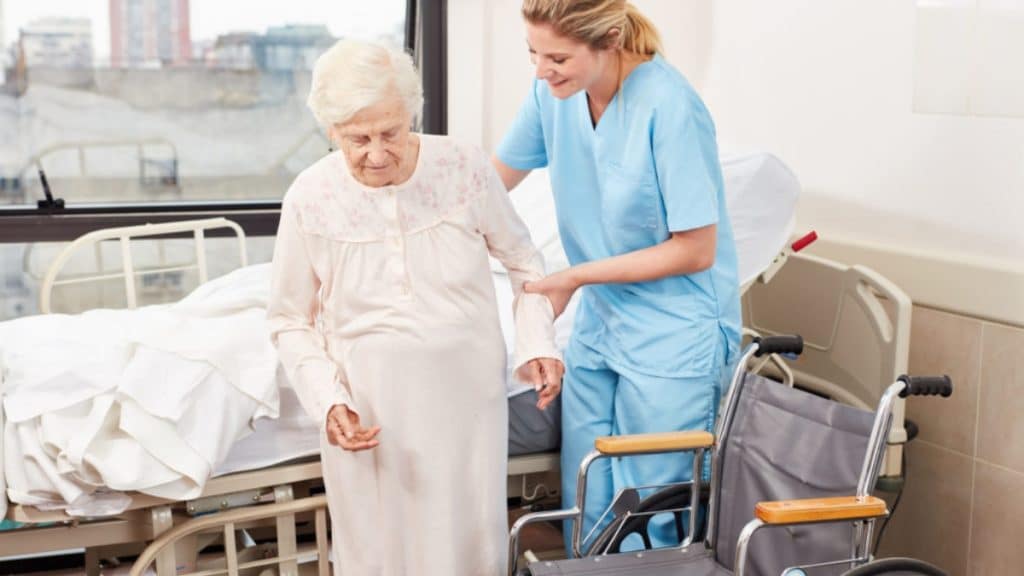Seniors who live in assisted living facilities might receive social and physical support as they age. However, older adults desire to maintain their freedom just like everyone else. When a loved one can no longer live comfortably at home without support, you will know it is time for assisted living. Below mentioned are the signs your loved one needs home care:
Not eating well:
Regular duties like grocery shopping, meal preparation, and eating often become too difficult for elderly individuals. If cooking is your loved one’s only issue, sign them up for meals. This wonderful program takes cooking out of daily responsibilities, allowing seniors to maintain their independence for as long as feasible.
Even though seniors in the program receive one healthy meal per day, there may be enough calories in this meal to give your loved one the energy only to need a light evening meal.
A rise in emergencies:
A rise in emergency episodes, which include medication errors, falls, hospital stays, or GP visits, or a higher frequency of these events over a brief time, may be a sign that your loved one’s mobility or cognitive abilities are deteriorating.
You can click online as my aged care provider to find the right one for your loved ones. If so, it is crucial to talk to them about their alternatives for care before a catastrophic incident or accident happens.
Stumbling around:
You may have deactivated your loved one’s car or removed the keys. However, you cannot stop your loved one from leaving the house and wandering away. Your loved one may unintentionally lock themselves out after purposefully walking out the door. The outcomes could be disastrous if this happens in really high temperatures.
Burnout in caregiving:
Family and friends could provide more help with daily chores around the house. Carers may eventually become burned out if they care for elderly loved ones.
Seeking expert in-home care can be a helpful alternative for everyone who finds it increasingly difficult to manage their obligations and preserve their welfare.
Inability to take medicine:
It could be time for the elderly person to receive professional home care if they are unable to take their medications as prescribed. Your parent may still forget to take the medicines even if you assist them in filling their weekly pill container.
Seniors may occasionally forget what day it is and take more medication than is recommended for them, even though the pill containers are labelled with the day. If so, it could be time for your loved one to start receiving senior home care.
Your health is getting worse:
When your responsibilities become too much to handle, it could be time to engage a senior carer. Sometimes, family members struggle to balance being a parent and helping their parents.
These two connections are significant. Maybe you feel terrible about not spending more time with the other after spending time with the former. It is better to appoint my aged care providers for your support.
Loneliness and seclusion:
Social isolation can significantly impact mental health. If your parent lives alone most of the time, an assisted living facility’s activities and sense of community may be very beneficial. Despite the initial fear, interacting with new people and joining a group is typically a good idea.
Partial words:
The signs mentioned above indicate that your loved one needs home care. With a little help, your quality of life can be greatly enhanced. The devoted aged care team is dedicated to offering individualised in-home aged care support that is catered to each person’s particular needs. It is better to opt for aged care services.
